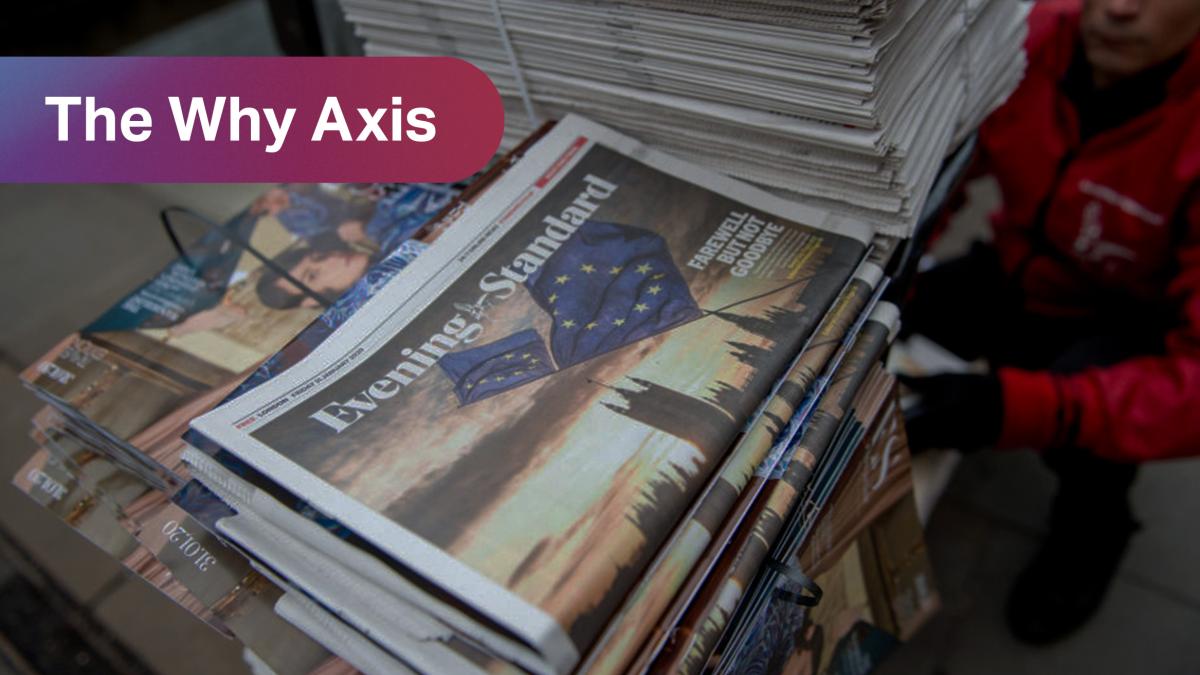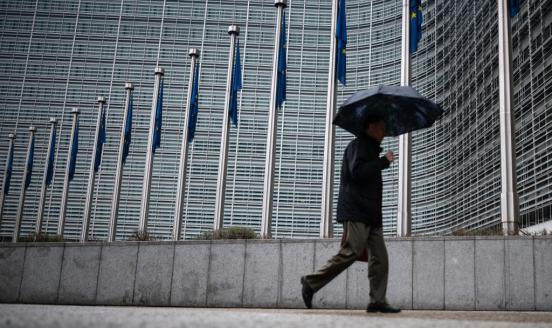What will the EU face in 2024?


The European Union has weathered the pandemic, the outbreak of war and the subsequent shocks to jobs, energy prices and interest rates. Now it faces an even bigger task: how to keep momentum when the challenges remain immense, but the shock of crisis is fading. In 2024, policymakers will need to rein in budget deficits, invest in the green transition and keep pursuing the elusive ‘soft landing of the economy’. With the European Central Bank’s deposit rate at a record 4% and more than half the EU on course to post excessive deficits under the bloc’s fiscal rules, the transition will be tricky.
The ECB took action to bring inflation down, while the EU worked overtime to shed dependence on Russian natural gas and increase support to Ukraine in its second year of fighting back Moscow’s invasion. Now prices are more in balance, but the economic outlook is not. Weaker growth and underinvestment threaten to undermine the past year’s hard-won successes.
To secure its future, the EU needs to put capital to work on phasing out fossil fuels to reduce carbon emissions in coming years. This means combined public and private investments of 2% to 2.5% of gross domestic product, as Jean Pisani-Ferry wrote in a landmark report commissioned by the French government. The EU also will need to get serious about making its fiscal rules fit for purpose, as Jean, Jeromin Zettelmeyer and Zsolt Darvas have made clear. And as Heather Grabbe notes, the EU must commit to not just keeping the peace but building a future with Ukraine and other future members. Furthermore, social evolution will play an important role -- when men don’t take an active role in pursuing gender equity, all of society loses out.
Bruegel will continue to press policymakers to bring their best ideas to the table in the year ahead. While looming elections and ongoing obstacles will put Europe to the test, there is also an opportunity to rise to the challenge.
Listen to the latest podcast episode with Rebecca Christie, Heather Grabbe, Jean Pisani-Ferry, Fiona Scott Morton and Jeromin Zettelmeyer, 'A year in review'.
The Why Axis is a weekly newsletter distributed by Bruegel, bringing you the latest research on European economic policy.


